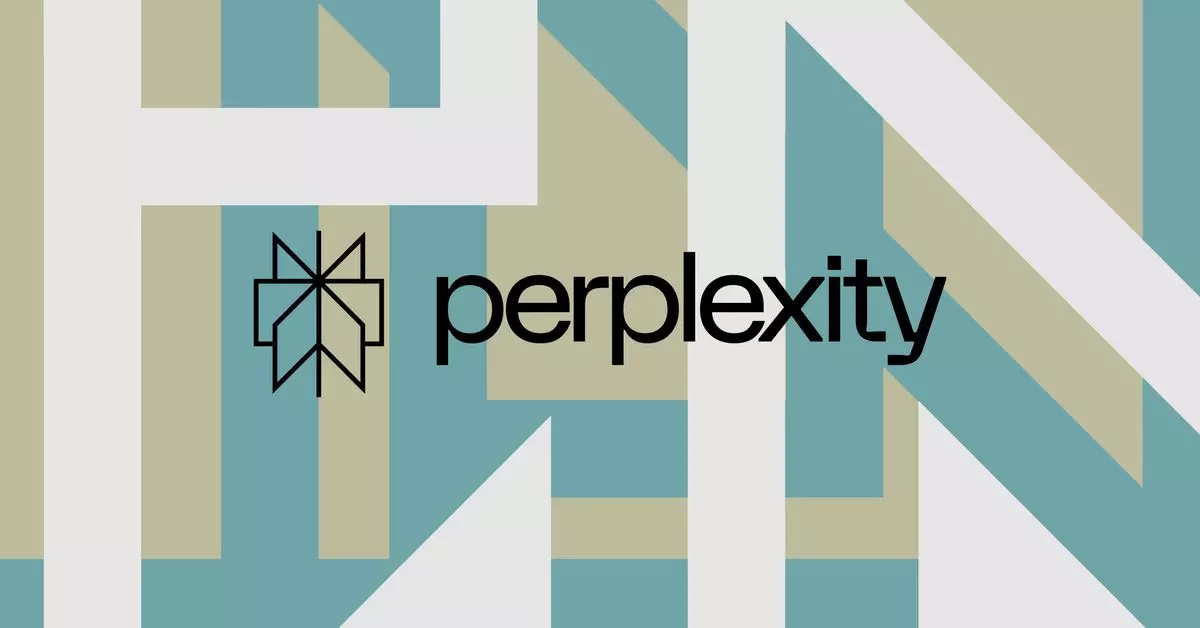In the rapidly evolving tech landscape, the intersection of artificial intelligence and traditional media continues to spark significant controversies. A recent example is the legal feud between News Corp, managing heavyweights like the New York Post and The Wall Street Journal, and the AI startup Perplexity, which operates a unique AI search engine. Accusations have surfaced that Perplexity has unlawfully scraped content from various media sources, igniting debates about copyright infringement, news ownership, and the future dynamics between media corporations and emerging tech companies.
News Corp is asserting that Perplexity’s search engine engages in widespread copying of its content, a move they describe as a violation of copyright laws. Perplexity countered these allegations by arguing that facts, unlike creative expressions of those facts, should remain in the public domain. While corporations have the right to protect their unique content—defined by the expression of those facts—they should not cultivate an environment where the sharing of factual information is heavily restricted or monetized. The distinction between facts and their representation highlights the complexities of copyright law, especially as it relates to AI—a field utilizing vast amounts of data to generate responses and insights.
Perplexity argues that the legal efforts from News Corp and similar entities reflect a larger, more troubling trend: the commercialization of information that ought to be free and accessible. The lawsuit embodies a protective posture that could stifle innovation and exacerbate the adversarial relationship between media companies and tech firms. Perplexity contends that this conflict is not only shortsighted, but also detrimental to a cooperative future where both sectors can thrive through partnership rather than hostility.
In its response, Perplexity goes as far as to point to its revenue-sharing initiatives with prominent publications like Time and Fortune. These collaborative efforts stand in stark contrast to the lawsuit and signal a commitment to creating an environment where media and technology can coexist beneficially. By proposing revenue-sharing models, Perplexity intends to pave the way for a cooperative relationship that rewards content creators while utilizing AI to enhance user experiences and access to information.
The unfolding drama between News Corp and Perplexity is emblematic of a broader ideological clash between traditional media and cutting-edge tech firms. As AI continues to transform how information is disseminated and consumed, it is imperative for both industries to find a common ground. Legal frameworks must evolve to reflect this new reality and encourage innovation without undercutting the rights and revenues of content creators. The future of media may depend on recalibrating this relationship—one that requires understanding, flexibility, and perhaps most importantly, respect for the value that each party brings to the table. The outcome of this case could establish critical precedents for the dynamic between AI technologies and the media industry in the years to come.

